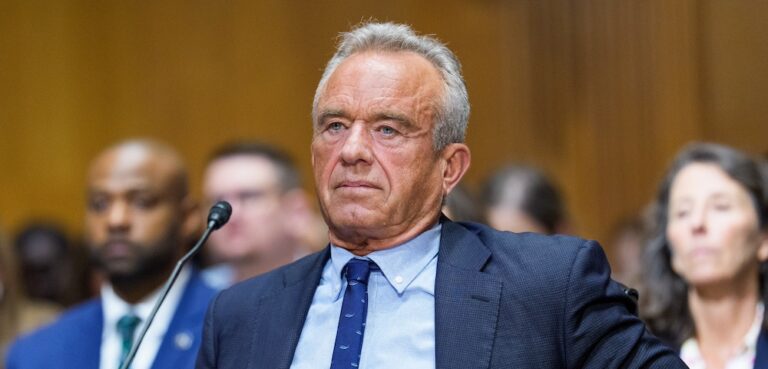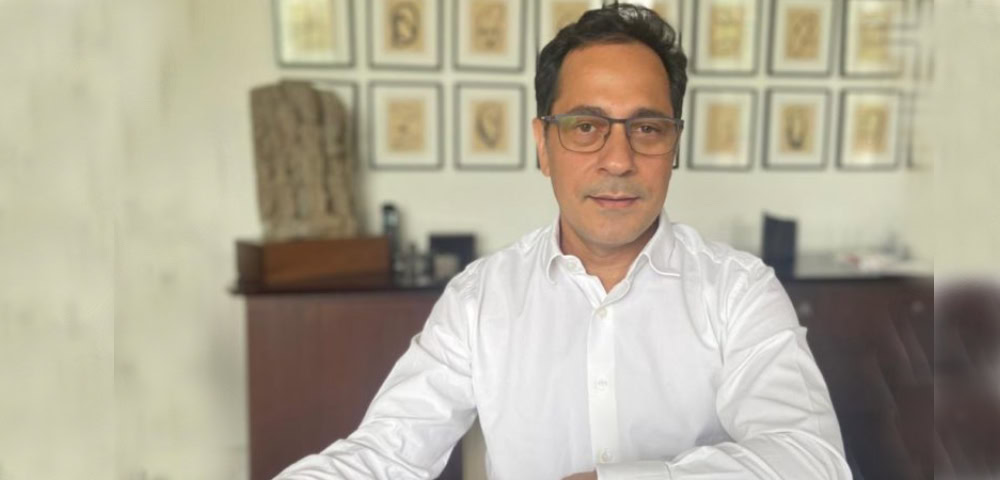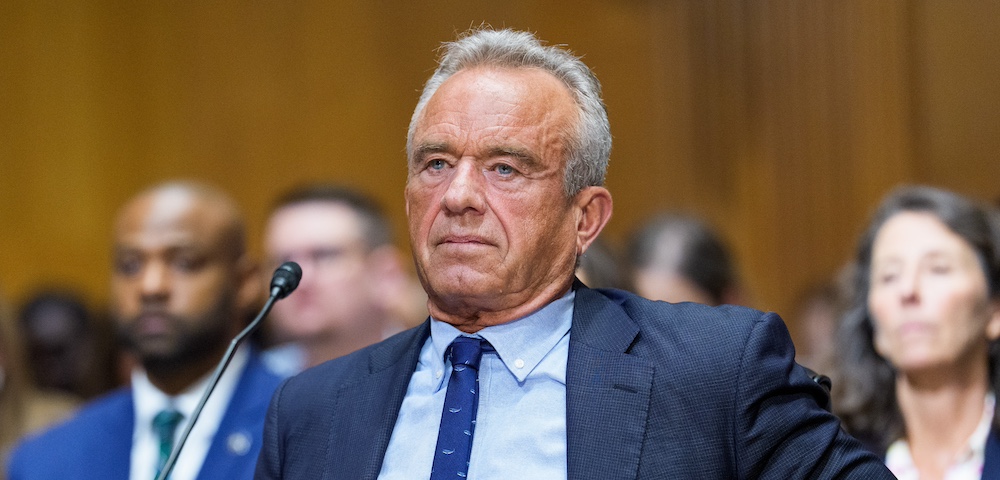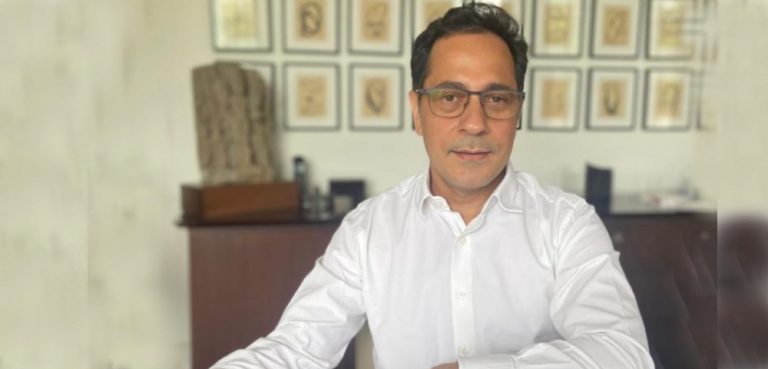
India’s Top Court Rejects Plea To Legalise Gay Marriages
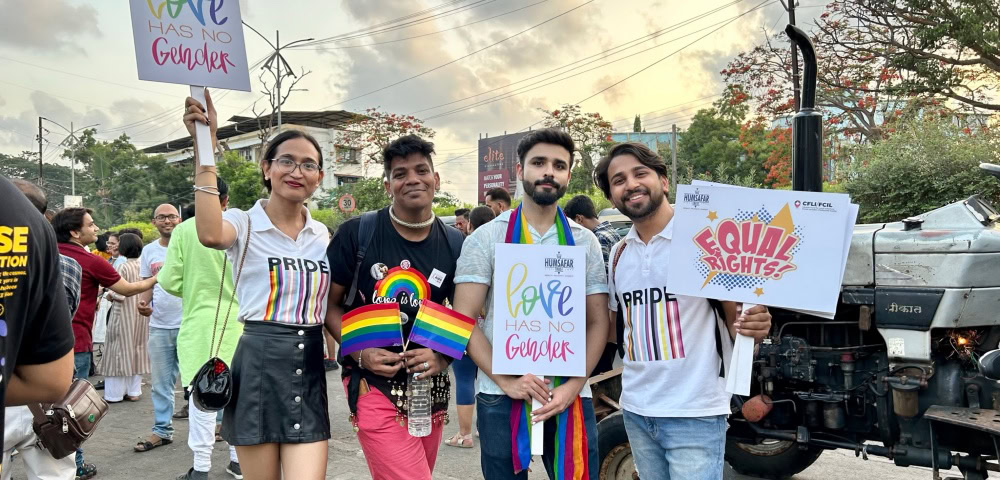
The Supreme Court of India on Tuesday refused to legalise gay marriages in the country saying it was up to the Parliament to enact a law.
Chief Justice of India, DY Chandrachud cited “institutional limitations” to reject the plea in 21 petitions urging the court to allow same-sex couples to marry.
“The court in the exercise of the power of judicial review must steer clear of matters, particularly those impinging on policy, which fall in the legislative domain,” the Chief Justice said.
While the Chief Justice and another judge threw open the possibility of civil unions and gay adoptions, it was a minority opinion.
Government Opposes Gay Marriages
The three other judges on the Constitutional bench disagreed with the Chief Justice and said there was no constitutional or fundamental right to marriage or civil unions. The judges also refused to review adoption rules to allow gay couples to jointly adopt.
The bench agreed that trans persons could marry in heterosexual unions. The Constitutional bench agreed to a proposal by the government that the issue relating to rights and benefits for same-sex couples could be looked into by a committee headed by a top bureaucrat.
India’s government had opposed the petitions, dismissing the issue of gay marriage as promoting “urban elitist views”. The government’s lawyer claimed the state had an interest in preserving marriage as between a man and a woman.
India’s LGBTQI Community Disappointed
Out gay Indian filmmaker Onir expressed “disappointment” at the verdict, which came five years after the top court decriminalised homosexuality in 2018.
“A day of feeling totally let down,” Onir said on X (formerly Twitter). “For how long do we wait for majoritarian vote bank-based morality to regulate our lives… Our demand for our rightful rights does not threaten to dismantle any or jeopardise the rights of the cashed world. The fear is a camouflage of their hate and lack of empathy.”
National advocacy and HIV organisation Humsafar Trust (HST) said it would work to change minds and policies. The organisation said that it “looks forward to working with the Union Committee and the Legislative machinery to ensure inclusion and equal space for LGBTQ+ individuals; to ensure queer individuals have legal and judicial rights, equal access to protection, partnership, adoption and inheritance rights, spousal benefits, and the ability to make medical decisions for partners.”=
“We will assess the interpretations of these directives and move ahead with time,” added HST.

